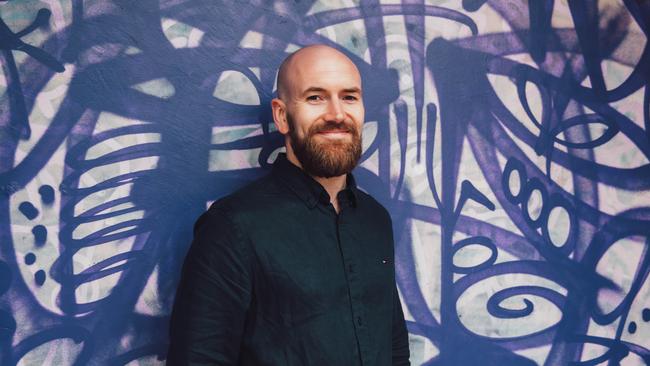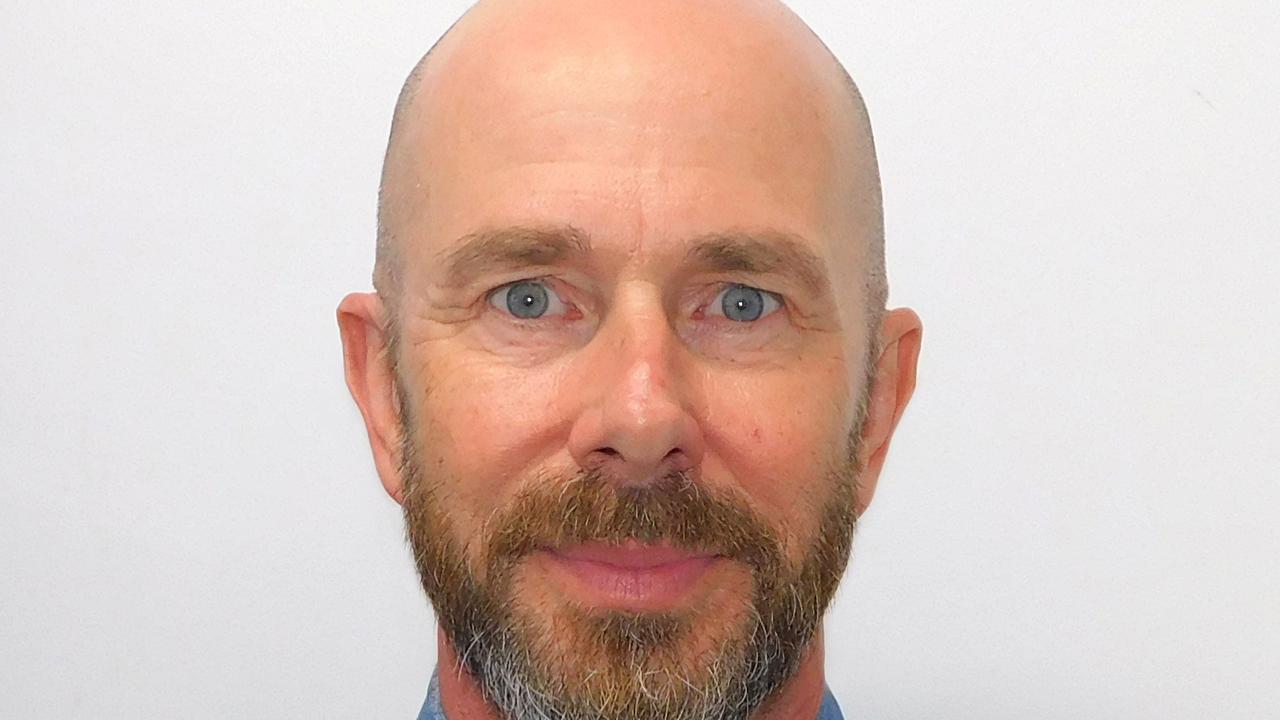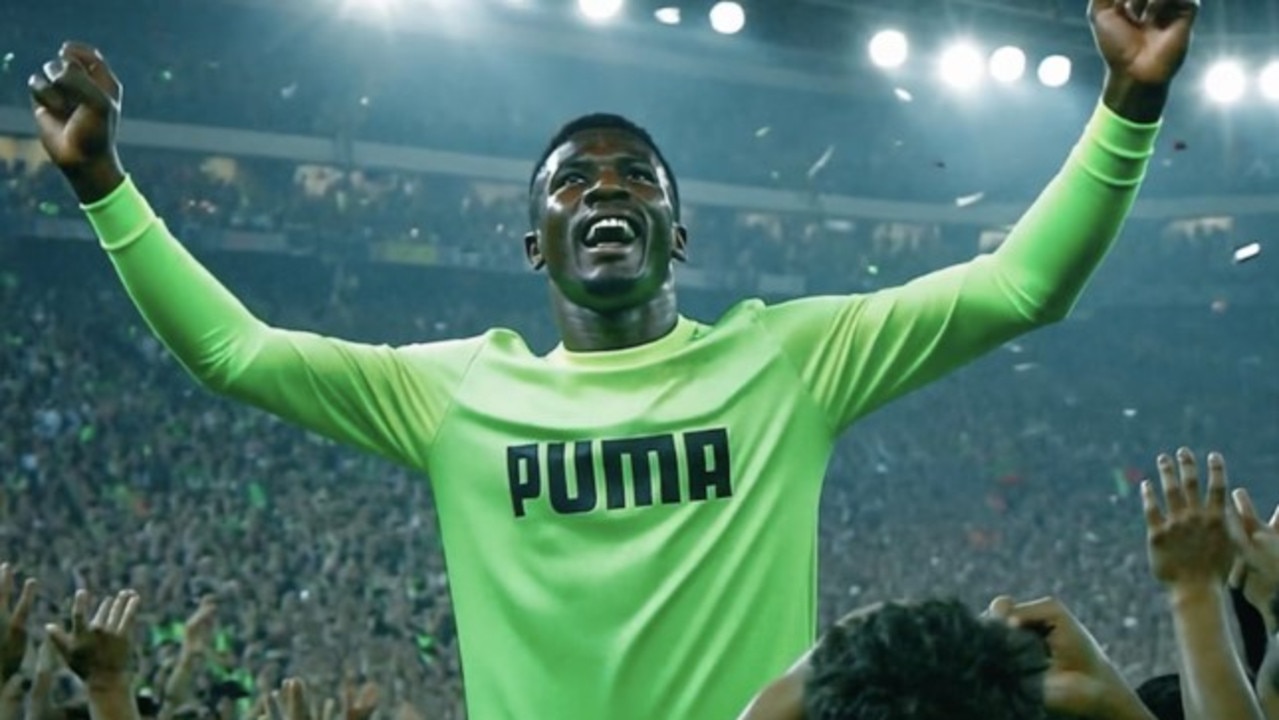Collarts’ dreamscape ads explore new creative and media realms
Indie tertiary education provider Collarts is raring to go with a new strategy and bold creative to boot. The creative arts college’s top marketer explains the “love hate” feels ahead of the marketing moves.

Off the back of turbulent times for the arts sector and fluctuating marketing plans due to the fickle Covid climate, leading marketer at Collarts said the top creative arts college is back on track and raring to go.
With former advertising plans that leant on digital, print and outdoor tactics thrown into disarray due to the pandemic, head of marketing and communications at Collarts (Australian College of the Arts) Jesse Howes, said he’s thrilled to be moving back to more of its usual marketing mix.
Launching today the Melbourne-based independent tertiary education provider has rolled out a new advertising campaign aimed at helping people realise that dreams can become a sustainable career.
“With this campaign we didn't want to do one of these posed university ads with a bunch of students sitting around on the grass smiling,” Mr Howes said.
“We know that’s very much the homogenous way that universities are portraying themselves at the moment and is where the higher education sector tends to sit, but we are not one of those usual providers.”
The ad, created by Melbourne creative agency Sunday Gravy, with media by Match & Wood, illustrates the journey of dream to reality by profiling successful graduates of Collarts’ more unique courses.
Before making the decision to lean into a passion, Mr Howes said it can be confusing with so many ideas bouncing around your head and the dreamscape elements of the campaign reflect that; while bringing those disparate thoughts into a tangible career.

With courses such as audio engineering, comedy, CG animation and VFX, fashion and sustainability, advertising and animation on offer, Mr Howes said when Covid hit, enrolments initially saw a major boost.
As entertainment management took off, due to the amount of people in hospitality out of work and looking to beef up their skills, live music courses took a hit.
“With a lot of people being made redundant and re-evaluating their lives – and I think being faced with mortality and things like that – people tend to look towards their passions for comfort and re-evaluate their lives,” Mr Howes explained.
Despite the initial increase in enrolments, My Howes said many challenges can plague the arts and push people away from following their passions.
From unsupportive parents, career advisers and teachers to issues such as the federal government defunding humanities, students choosing a course in the creative world can face more barriers than those embarking upon more traditional courses at universities.
“The pandemic has thrown us spanner after spanner and it’s been a fluctuating couple of years for us,” he explained. “It’s a really exciting future for the creative sector in the wake of what has been a pretty rough time for a lot of people. For us it’s showing the opportunities for young creatives in areas that probably wouldn’t have even existed pre-pandemic.”
Mr Howes said the resilience of Australia’s creative industries through Covid not only sparked inspiration for the new ad campaign, but also steers the direction of its agile course program.
While Collarts paused outdoor and transit ads during the pandemic, it’s leaning back into these for the new campaign. It also has a much heavier focus on digital and video in particular.
The four 15-second ads, featuring real alumni and academics, are rolling out across its owned assets, YouTube and social media. New to the mix is the use of broadcast video on demand (BVOD).
After dipping its toe into ads on catch-up TV in the past, Mr Howes said BVOD is now baked into the marketing mix more formally due to its “cost efficiency when it comes to awareness”.
The goal of the “It’s only a dream, ’til it’s not” ad campaign for the niche college is brand awareness with ads launching nationally as it aims to draw in students from further afield than Victoria.
New to its tactics is the shift in where click-throughs on ads take people. Instead of sending people through to obvious landing pages such as registration or course detail, it’s using what Mr Howes calls a “softer sell”. This sees clicks go to more creative portals, such as Spotify playlists from students and alumni that show the music they created.
“Our marketing strategy has always been to hero our talent and our successes of our students and we really want their work to be at the forefront of everything we are doing,” he said. “We’re a creative community first and then a college second, which is something we try to convey in everything that we do.”
Ahead of launching any new campaign, Mr Howes, who previously worked at Deakin University and Channel 7, admits it can be a nerve-wracking time.
He describes it as a “love hate” feeling with that moment due to the positives and realisation of the amount of hard work and collaboration from the talented team around him, mixed with last minute checks running through his head as the rubber hits the road.
“I’m terrified anytime I put out any kind of new campaign or advertising and I think any marketer who tells you they aren’t is either bullshitting or lying,” he said.
Next up for Mr Howes, under the revised magnifying glass of how this campaign performs, is reigniting its international recruitment strategy, which was ready to go until Covid shut it down.






